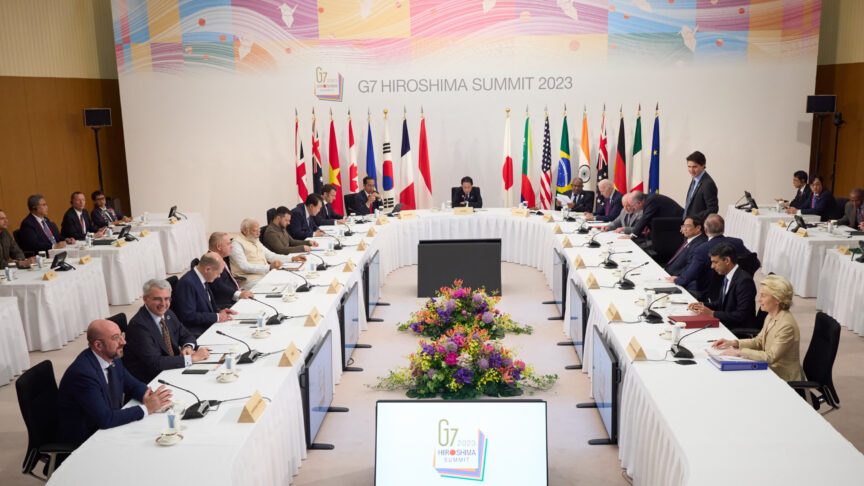
The new central front: Japan’s special role in the West’s strategic rivalry with China
Japan’s approach to economic security provides valuable lessons for Europe about effectively navigating the challenges posed by a rising China

Japan’s approach to economic security provides valuable lessons for Europe about effectively navigating the challenges posed by a rising China
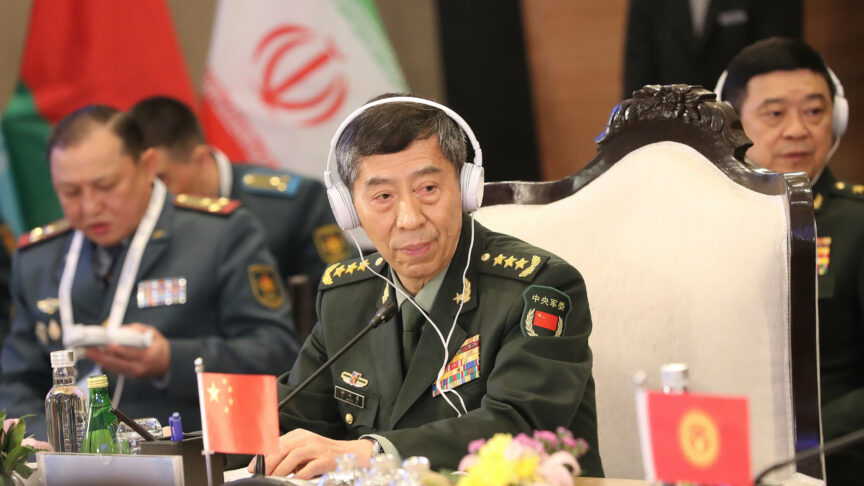
The border standoff between China and India illustrates the growing rivalry between the two countries – and the part that other major powers play in it
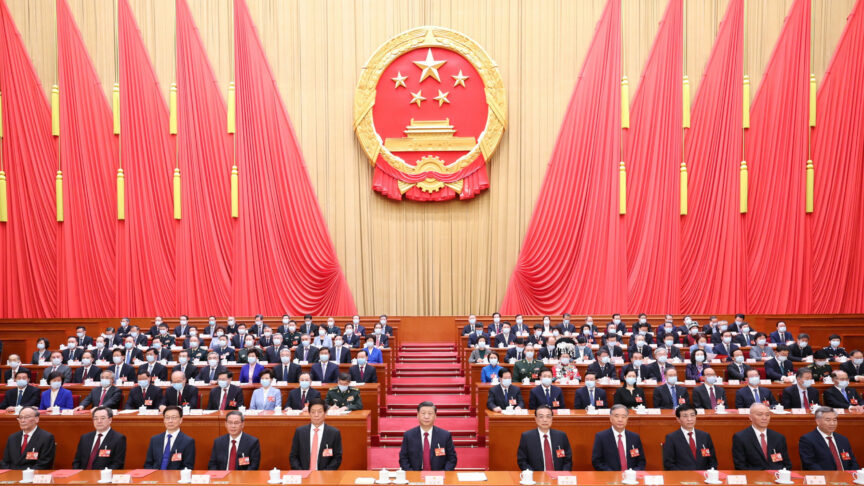
Xi Jinping’s comments at the recent National People’s Congress confirmed Beijing’s ambitions for the next five years – and the challenges they present for Europe
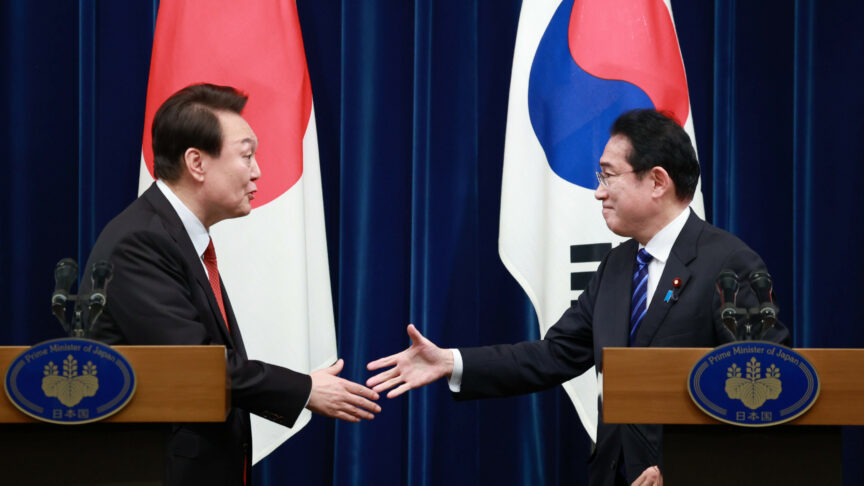
A recent thaw in ties between the EU’s two most important partners in East Asia is a potential game-changer for a region fraught with geopolitical danger – but complex domestic politics in both countries may yet derail a truly long-lasting rapprochement
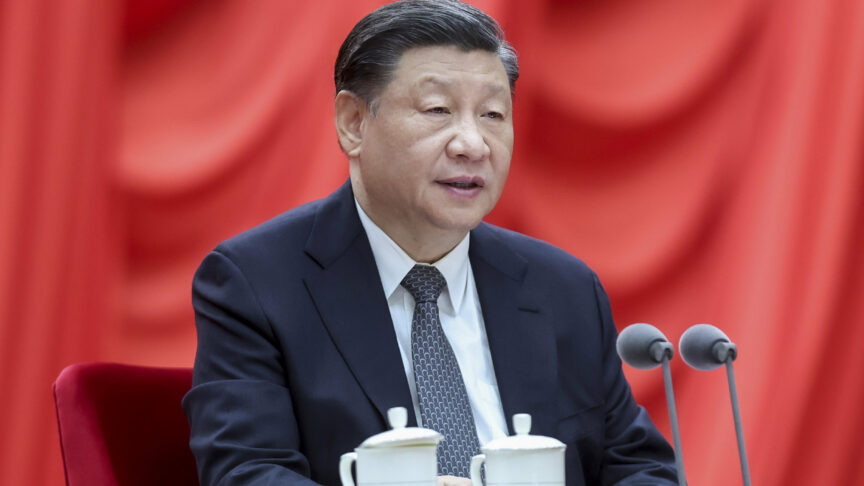
The real battle for international supremacy today is not between democracies and autocracies, but between different models of global order, with China and the West each offering its own distinct account of “democracy”. The sooner that Western leaders recognise this, the better chance they will have of attracting new partners
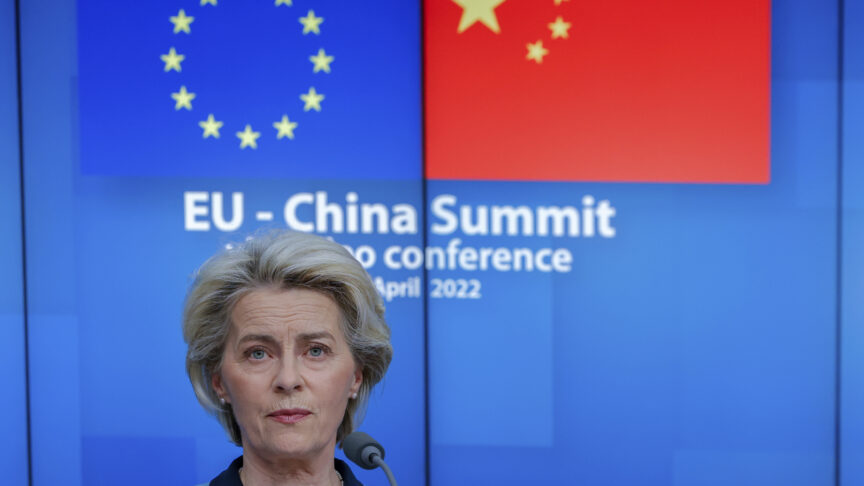
Numerous European leaders are beating a path to Beijing’s door. ECFR Asia director Janka Oertel and the German Marshall Fund’s Andrew Small reflect on European wishful thinking, clever tactical manoeuvres, and long-term strategic choices.
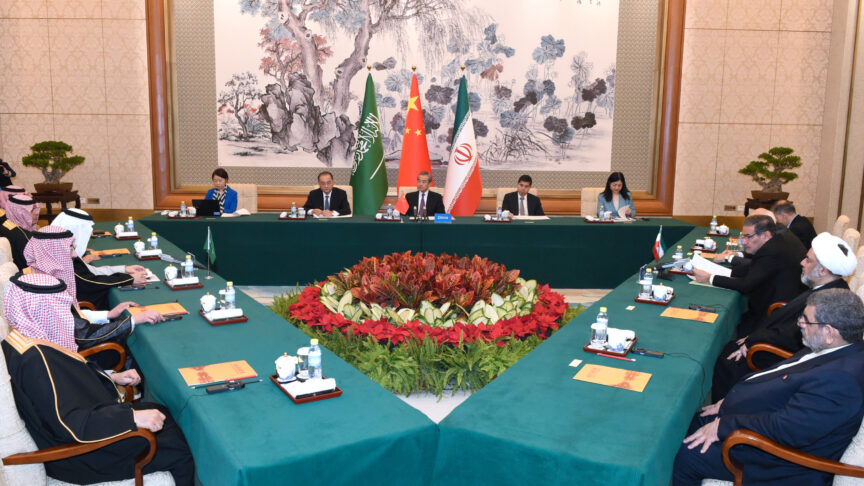
Saudi Arabia and Iran have agreed to begin the process of normalising their relations. Europeans should consider how to help entrench the stabilising gains of the agreement – even as they navigate difficulties with Iran

European countries need to look for the partners they made over the last 20 years and together redraw an Afghan-led strategy to protect women’s rights
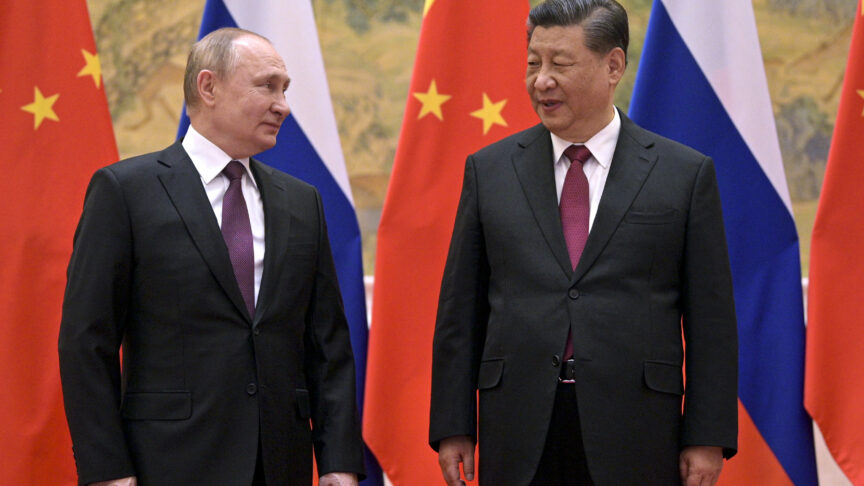
China’s ‘peace plan’ for the war in Ukraine merely underlines its Russia-friendly perspective and desire to protect its own interests

To understand today’s geopolitical ructions, one must look beyond major powers’ governments and top strategists. As the recent Chinese balloon saga showed, public opinion is increasingly in the driver’s seat, and it is steering international relations away from open, honest dialogue